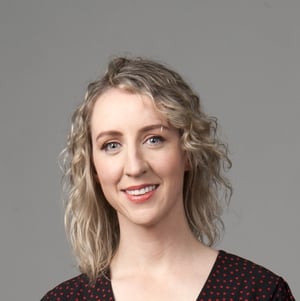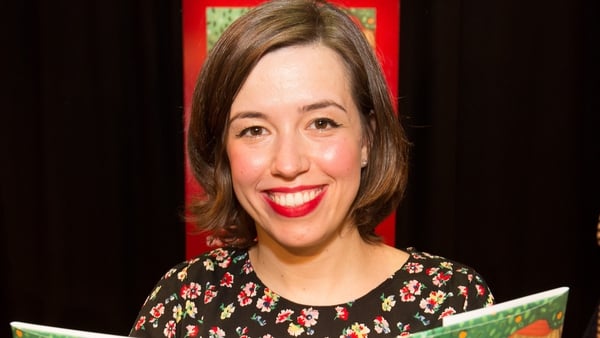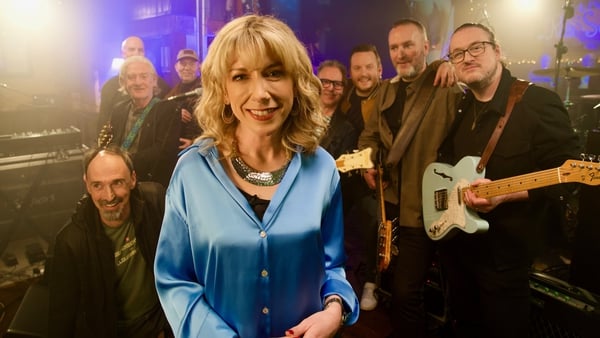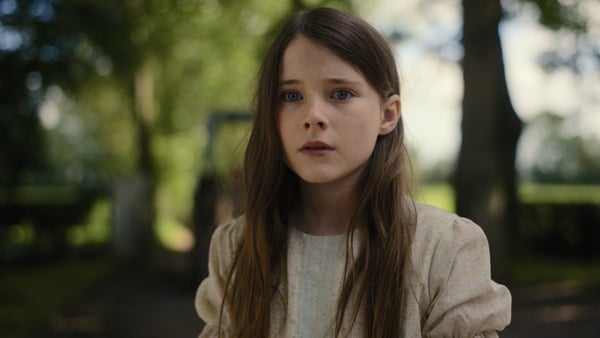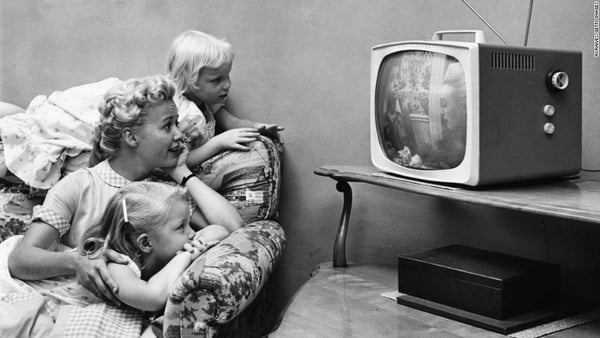Siún Ní Dhuinn reflects on her experience in Irish medium education as it celebrates 50 years in Ireland.
Among the many privileges in my life, I count attending a Gaelscoil. This Gaelscoil isn't in leafy South Dublin, like many imagine and some would like it to be, but in the middle of an economically and socially disadvantaged housing estate in Dundalk.
We didn't speak Irish at home but being the child of two teachers, my parents valued education and were forward-thinking enough to realise an extra language could only be a good thing for their three children.
What is now Gaelscoil Dhún Dealgan was once Scoil Chríost Rí and was situated in the yard of St. Joseph's Primary School in Muirtheimhne Mór in Dundalk. We were educated in those prefabs in that yard until I was in 5th class when we moved into our long sought after school building.
One of my first memories of school is going to stand outside Leinster House with signs reading 'Scoil Chríost Rí gan scoil ar bith'. I didn't know it then but much of my life as an Irish speaker would mean I would in end up taking part in many, many more campaigns begging for rights to use the language of the state, with the state.
I have beautiful memories of singing songs, learning about fairies and practicing line dancing (it was the 90s, okay?!) whilst also realising that not all families looked the same. I retrospectively understand those formative years in Gaelscoil Dhún Dealgan were an education of a lifetime. Our classes were small, our teachers were generous in sharing in songs and stories with us and whilst there wasn't much ethnic diversity, there were children from all sorts of socioeconomic backgrounds and quite a few children whose families had crossed the border to Dundalk from the North, for reasons we didn't fully understand at the time.
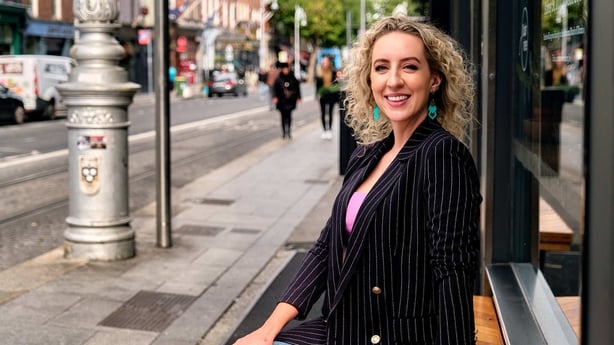
I don't remember my first day of school being or taking the first steps in a language I knew little of, which is probably indicative of how immersion education works with young children; you simply accept another language like you accept standing in line or putting up your hand to ask a question.
I recall feeling othered a few times as a child, as one of the children who attended a Gaelscoil when sometimes I wouldn't have the same textbooks or even know any of the prayers in English like 'normal' children did.
My Irish wasn't perfect when I left the school, nor is it now, but I am a fluent Irish speaker whose Irish is sprinkled with words and phrases from the dialects of teachers who did their best to pass what they had on to me and everyone else in the classroom. I enjoy that part of being a language learner rather than a native speaker, I have access to and can play with a vast wealth of words, intonation and even pronunciation thanks to learning my Irish from others.
I went on to go to an English-speaking secondary school in which there was a provision for those who wanted to continue or indeed begin their Irish medium education and it was then I realised quite how far ahead those of us who had attended a Gaelscoil were when it came to picking up other languages. I haven't looked back since and have used my Irish in my professional and personal life.
Ireland has changed since I was in school, and the concept of Irish medium education has become more mainstream and appeals to many parents. A recent survey suggested one in four children would attend a Gaelscoil if that option was made available to them. There are new faces in classrooms learning and speaking Irish like I did, in an immersive positive environment, blissfully unaware that it's not the norm for others who weren't so lucky.
Pribhléid is ea an t-oideachas agus pribhléid níos mó fós is ea oideachas trí Ghaeilge a fháil in Éirinn. Go mairfidh an Ghaelscolaíocht theas agus thuaidh agus mo bhuíochas leo siúd a d'oibrigh go dícheallach chun an ceart sin a bhaint amach dúinn.

